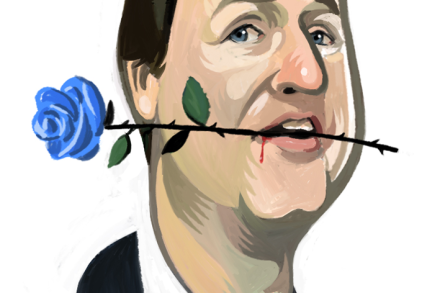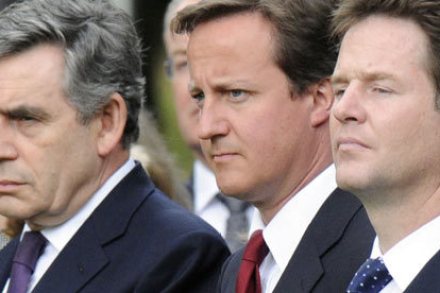Hague’s modern Realism
In a splurge of activity, William Hague gave both an interview to the FT and another foreign policy speech at RUSI outlining the views of a Conservative government. It was time for an update on Tory thinking, not least because David Cameron’s description of his policy as “liberal conservatism” and his unwillingness to march into a “massive euro bust-up” has had little effect. That is because a struggle over how to engage with the world continues to run beneath the party leader’s message of party unity. Four main schools of diplomatic thought exist in the party: the modern Realists, the Neo-Conservatives, the anti-Europeans (not the same as the Euroskeptics, which

















